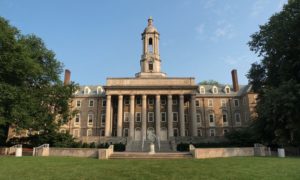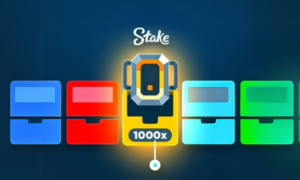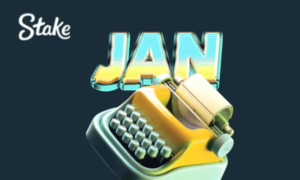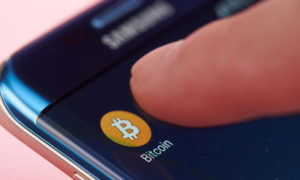Hefty Electricity Bills At Universities Where Students Mine Cryptocurrency
A Penn state graduate recently opened up about how he made use of campus electricity to mine cryptocurrency while completing his degree.

According to a recent report, college students are trying their hand “at mining altcoins at their dorm.” This shouldn’t be surprising, given that electricity costs are included in their dorm fees. Others use campus electricity elsewhere to mine. The trend raises some issues and is understandably concerning for dorm owners and managers.
The Penn State Dorm Miner
Patrick Cines, a Penn State College graduate spoke to CNBC, pointing to the potential of cryptocurrency and his interest. Using his dedicated software, he began mining cryptocurrency on campus grounds, using campus electricity. He said “I had basically a box, maybe a foot and a half by a foot and a half tall. It was sitting in, right at the foot of my bed. Had several graphics cards.”
Using several graphics cards, he manages to mine Ethereum and other altcoins. Mining altcoins was pretty simple for Cines since mining equipment doesn’t require active care or management 24/7. He attended classes while his rig did the work back at the dorm. Doing so, Cines gains a small passive revenue stream.
The Box: Advantages and Disadvantages
The so-called “box” that Cines operated became a respectable source of income for him. It had its advantages and its disadvantages. At the dorm, Cines wouldn’t pay for electricity, which increased his earning potential. Nevertheless, mining equipment is loud and releases copious amounts of heat. Excess heat is unbearable and nearly impossible to dissipate in a small dorm room. Cines spoke about this drawback saying that “It was unbearable… I had fans running, I had the window open. The first day I was living there, went to Home Depot, bought some dryer tubes, strapped them to the front, and used that to push all the hot air outside of my room.”
However, mining for Cines was overall advantageous. It also served to introduce him to the world of trending blockchain technology. He said the experiment in mining shaped his college career.
Hefty Electricity Bills
Cines’ operation was not illegal, but it was problematic for college administrators. The financial toll it takes on campus operations, especially if it becomes a widespread phenomenon, is hefty. At the end of the day, there is no such thing as a free lunch. Someone must pay for the electricity used.
Universities Unaware of Students Mining
Mick Banic, an executive at cybersecurity firm Vectra, says that universities might not be aware of the issue and how grave it can be: “I think there are a lot of universities that don’t know this is happening. I don’t think that they would want it to happen either, considering it costs $4,700 to mine one bitcoin. That’s about 10 percent of the annual tuition at a private university.”
Penn State paid for Cines’ mining activity. If Cines would be enrolled at the Massachusetts’ Worchester Polytechnic Institute, he would have found it harder to mine. That institute for example, is aware of the issue and has “an acceptable usage policy” regarding the usage of campus resources by students.
Other Concerns
Apart from electricity costs, college students who mine for Bitcoin or other altcoins on campus or in their dorms are exposed to certain hazards that they themselves might not be aware of. Cryptocurrency mining units can explode or implode. The heat they release can also be a fire hazard if it is not managed properly. Nevertheless, the students who manage to take advantage of on campus electricity to mine can make some money on the side and improve their living standards while they are at college or even save a little money. After all, many of them will finish college with a hefty debt – average undergraduate student debt in the US is around $30,000 USD – to deal with themselves. In many cases that debt is due to colleges and universities hiking tuition fees in a manner that is not at all reasonable, so students can easily think that they deserve their free electricity in any case.









